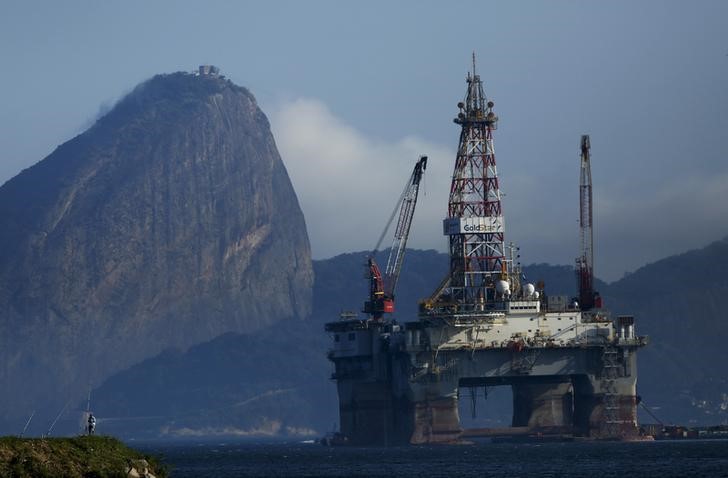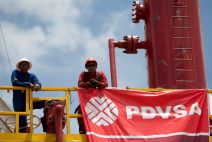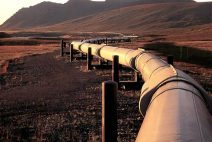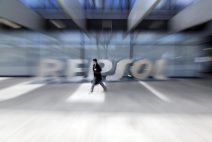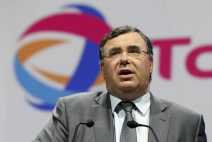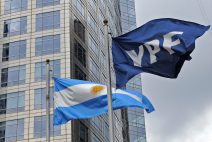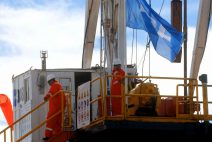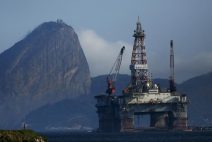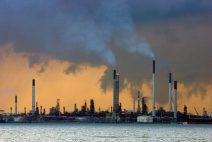Brazil has authorized controversial offshore oil exploration near the Amazon, less than a month before it hosts the U.N. climate summit (COP30), where it aims to present itself to the world as a leader in environmental preservation.
The state-run oil company Petrobras received a license from the Brazilian Institute of the Environment (Ibama) to explore an area considered vulnerable by environmentalists, located 500 kilometers from the mouth of the Amazon River—a decision that NGOs say calls into question the government’s commitment to combating climate change.
The authorization comes after a process that dragged on for nearly five years and was marked by constant tensions between the oil company—which sees this region as its biggest bet for future production—and Ibama, which initially opposed giving the green light.
In fact, the autonomous agency linked to the government rejected Petrobras’s first request in 2023 due to “technical inconsistencies,” but the company appealed and provided additional information in an effort to overturn the decision.
Ibama defended the “rigor” of the licensing process in a statement and said Petrobras had “substantially” improved the project initially submitted, especially concerning response plans for possible emergencies such as an oil spill at sea.
Energy Minister Alexandre Silveira, a proponent of oil exploration in the region, welcomed the authorization as ensuring “the future of Brazil’s energy sovereignty.”
Economically, the area has a potential of 10 billion barrels of recoverable oil and could attract investments of 300 billion reais (US$55 billion / €48 billion) to a country that is already the world’s seventh-largest crude producer, according to the government.
Despite the enthusiasm shown by part of the authorities, the decision comes at an awkward time, just as Brazil prepares to host COP30 in November in the city of Belém—the first time the world’s largest climate event will be held in the Amazon.
Brazilian President Luiz Inácio Lula da Silva has billed it as “the COP of truth” and highlighted the slowdown in deforestation in the world’s largest tropical forest, where logging fell by 30% in 2024 thanks to stepped-up enforcement actions.
“It will be the moment for world leaders to prove the seriousness of their commitment to the planet,” the president said during a meeting with foreign ambassadors.
André Corrêa do Lago, the diplomat chosen by the Brazilian government to preside over the conference, has emphasized in several letters to the international community the importance of “moving away” from fossil fuels.
In this context, civil society groups have loudly denounced the contradiction of a country seeking to present itself as a leader on the climate agenda while authorizing exploration of crude reserves in an area near nature reserves, Indigenous territories, and coral reefs.
For the Climate Observatory, a network of 130 organizations, issuing the license is “disastrous” for the environment and amounts to “sabotaging” COP30.
Environmentalists also argued the decision conflicts with the government’s commitment to reduce greenhouse gas emissions by between 59% and 67% by 2035.
Paulo Artaxo, a scientist with the Intergovernmental Panel on Climate Change (IPCC), said in a statement that opening new oil areas will “further aggravate” global warming, whose main cause is the burning of fossil fuels, and urged the pursuit of alternatives.
“Brazil has the opportunity to tap its enormous potential in solar and wind power generation (…) we must not waste it,” he said.
WWF’s Brazil office, for its part, noted that the region near the future wells contains 80% of the country’s mangroves and warned that the strong currents at the mouth of the Amazon make containing a spill “extremely” difficult.
